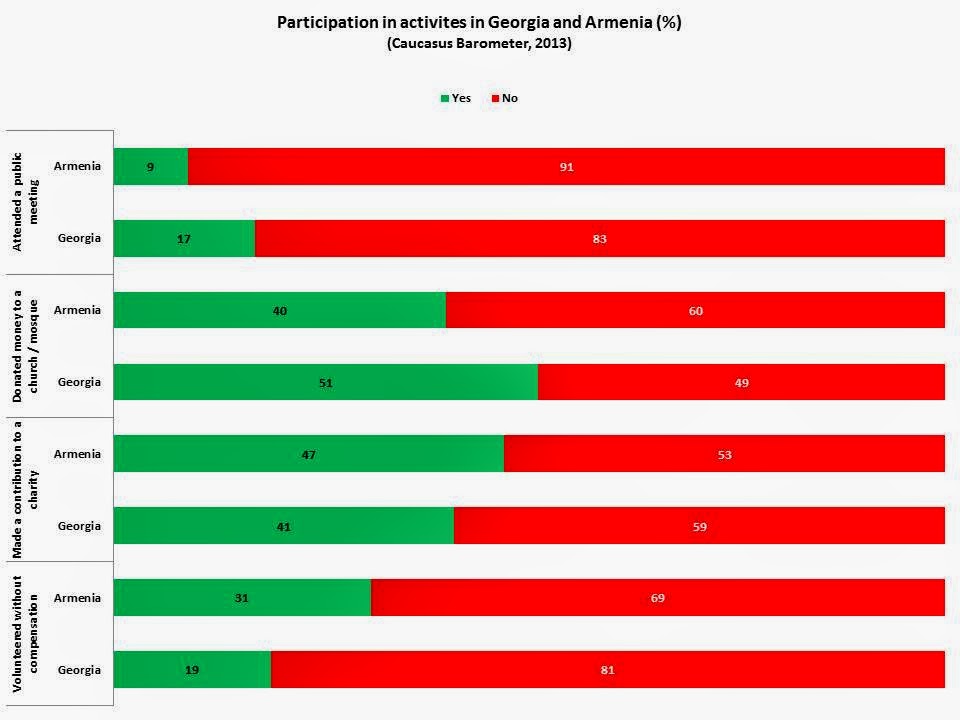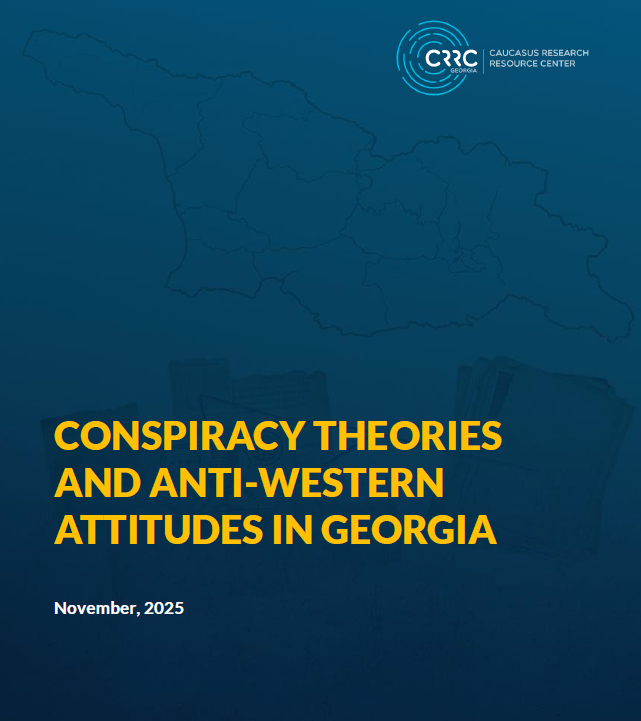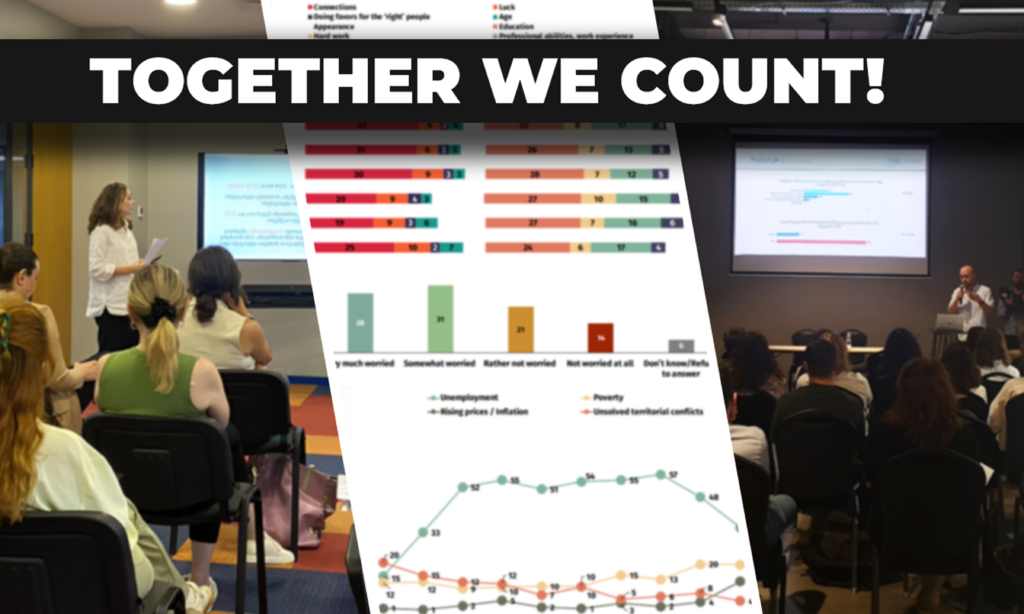Considering that Georgia is a parliamentary republic, and Armenia is a semi-presidential republic, elections for these institutions would expect to attract the highest turnouts. According to the Georgian Central Election Commission, the 2012 Parliamentary elections brought 61.31% of registered voters to the polls, while according to the Central Electoral Commission of Armenia, the 2013 Presidential election saw a 60.05% turnout. Hence, Georgia and Armenia had nearly identical voter turnout, although irregularities and a lack of transparency in vote counts were reported in Armenia’s 2013 elections, possibly increasing turnout figures.
How does electoral turnout match up with other forms of civic engagement? In 2013, Armenians (31%) were more likely than Georgians (19%) to report performing “volunteer work without compensation” during the past six months. Notably, participation in volunteer activities represents a form of civic engagement beneficial for the construction of bridging social capital, which helps foster social trust and cooperation. Only 17% of Georgians and 9% of Armenians reported attendance at a public meeting during the past six months. As for frequency of attendance of religious services, Georgians were also slightly more likely to indicate regular attendance: 43% reported attending religious services at least once per month, compared to 32% of Armenians.
Citizens also engage with society by expressing criticism or protesting the actions of government. In the words of Harrop A. Freeman, protest actions have historically been a “means of effectuating change within the law when law’s normal procedures were inadequate,” and thus represent an active form of engagement. In measuring public attitudes toward – but not necessarily actual participation in —protesting and criticism of government, CB asks respondents, “Which of the following statements do you agree with: ‘People should participate in protest actions against the government, as this shows the government that the people are in charge,’ or ‘People should not participate in protest actions against the government, as it threatens stability in our country?” 71% of Armenians and 52% of Georgians agreed with the first statement. When asked, “How important or unimportant it is for a good citizen to be critical towards the government?” 58% of Georgians and 41% of Armenians reported the belief that it is important for a good citizen.
Georgians and Armenians participate in elections at almost the same rate, but Georgians are more likely to think that a good citizen should be critical towards the government. They are also more likely to have attended a public meeting over the past six months and to have attended religious services at least once per month, important indicators of bridging social capital. Armenians are more likely to express the belief that people should participate in protest actions as well as more likely to have done volunteer work during the past six months. Thus a strong conclusion cannot be drawn from the data at hand as to whether Armenians or Georgians demonstrate more civic engagement overall.
For more information on civic engagement in Georgia and Armenia please consult the CRRC’s Online Data Analysis tool. For additional analysis of civic engagement, refer to the OECD’s Better Life Index.











